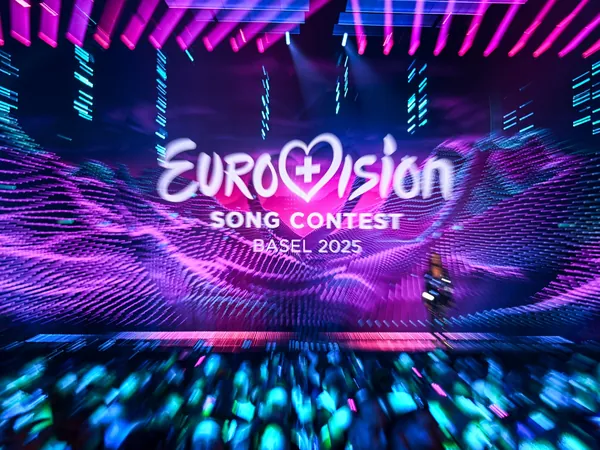
Will a Eurovision Boycott Over Israel Split the Contest?
2025-09-17
Author: Amelia
A Controversial Decision for Eurovision 2026
Several European nations are threatening to boycott the Eurovision Song Contest if Israel is allowed to participate. Countries including Spain, the Netherlands, Ireland, and Slovenia have made their stance clear, following Israel's ongoing military actions in Gaza, which have resulted in staggering casualties.
What is Eurovision?
Eurovision, an iconic international song competition founded in 1956, annually captivates audiences with its vibrant performances from various countries. Broadcasted worldwide, each participating nation presents an original song, and the winner is decided through a voting system. The contest is organized by the European Broadcasting Union (EBU), involving public broadcasters from over 35 countries.
Israel's Long-Standing Participation in Eurovision
Israel first joined Eurovision in 1973 as a member of the EBU. Over the years, its entries have been met with both enthusiasm and resistance, especially since intensified conflict in the region. Controversies surrounding Israel's participation have become more prominent following the recent war in Gaza.
Countries Joining the Boycott
As of now, five nations have declared their intention to withdraw from Eurovision if Israel participates:
- **Iceland:** The broadcaster RUV has indicated a potential withdrawal.
- **Ireland:** RTE has firmly stated it will not participate, citing the humanitarian crisis in Gaza.
- **Netherlands:** AVROTROS has echoed concerns about the suffering in Gaza and vowed to disengage if Israel is included.
- **Slovenia:** RTV Slovenia stated it would also withdraw under similar circumstances.
- **Spain:** Perhaps the most significant move, RTVE announced its boycott, marking it as the first of Eurovision's 'big five' nations to do so. This decision follows comments from Spain's Culture Minister suggesting preliminary actions for Israel's exclusion.
Eurovision's Response to the Controversy
Traditionally, Eurovision maintains a stance of political neutrality. Director Martin Green acknowledged the complexities of the situation, emphasizing the importance of respecting each broadcaster's choice on participation.
What This Means for Eurovision's Future
The possibility of a boycott raises questions about the future of Eurovision. Some experts argue that while it might not split the contest, it could amplify awareness of the humanitarian crisis in Gaza, given the contest's widespread viewership.
Christina Oberg, a professor at Linnaeus University, noted that Eurovision was originally conceived as a platform for fostering unity in post-war Europe. However, political pressures have increasingly influenced the event, especially following previous sanctions against Russia after its invasion of Ukraine.
Oberg suggests that these changes might encourage more countries to reconsider their stance on participation, highlighting the symbolic nature of withdrawals in bringing broader attention to pressing global issues.
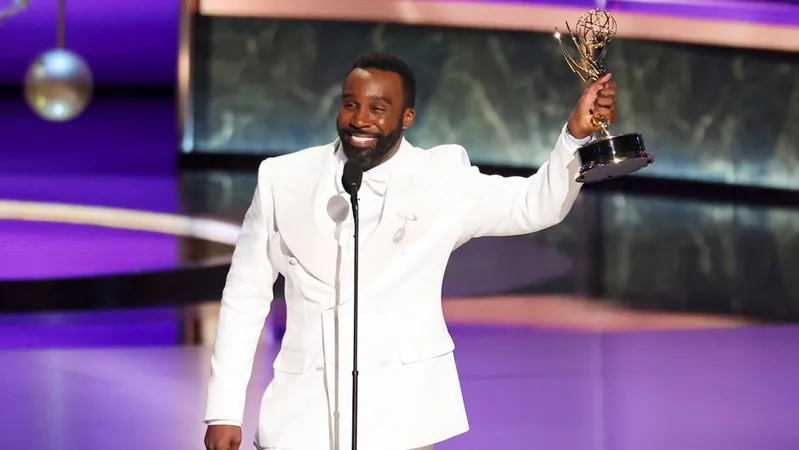
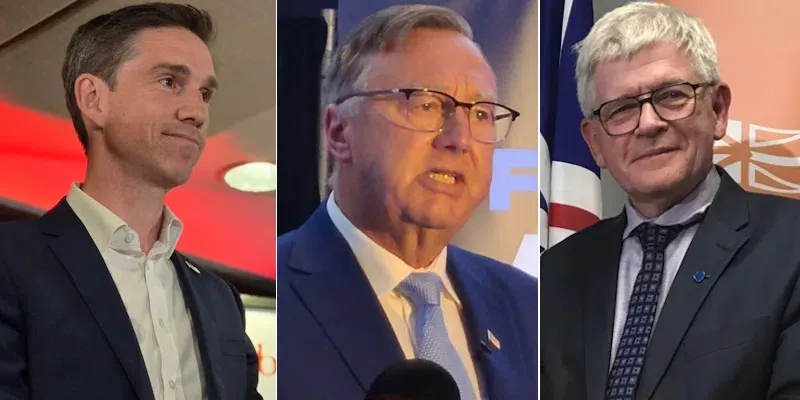


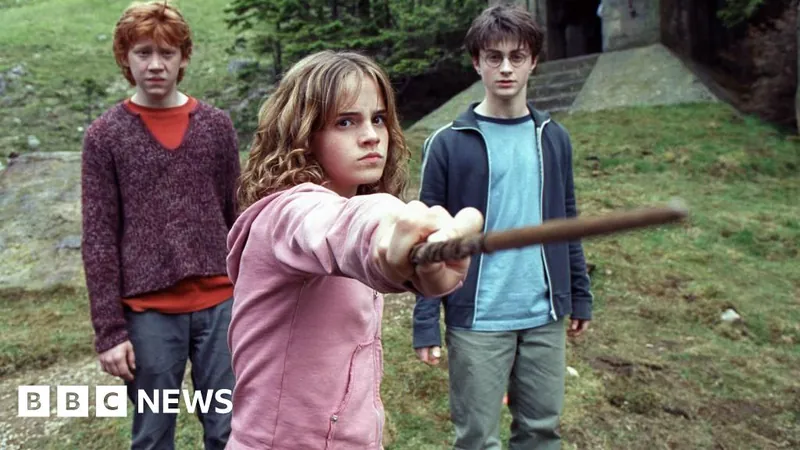
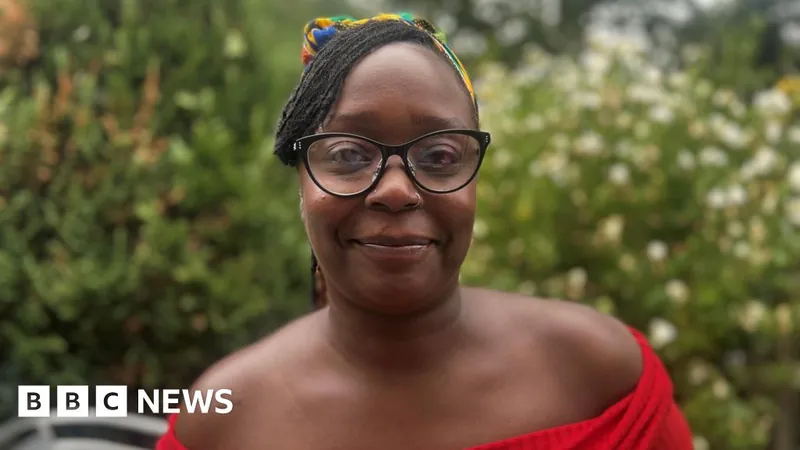



 Brasil (PT)
Brasil (PT)
 Canada (EN)
Canada (EN)
 Chile (ES)
Chile (ES)
 Česko (CS)
Česko (CS)
 대한민국 (KO)
대한민국 (KO)
 España (ES)
España (ES)
 France (FR)
France (FR)
 Hong Kong (EN)
Hong Kong (EN)
 Italia (IT)
Italia (IT)
 日本 (JA)
日本 (JA)
 Magyarország (HU)
Magyarország (HU)
 Norge (NO)
Norge (NO)
 Polska (PL)
Polska (PL)
 Schweiz (DE)
Schweiz (DE)
 Singapore (EN)
Singapore (EN)
 Sverige (SV)
Sverige (SV)
 Suomi (FI)
Suomi (FI)
 Türkiye (TR)
Türkiye (TR)
 الإمارات العربية المتحدة (AR)
الإمارات العربية المتحدة (AR)